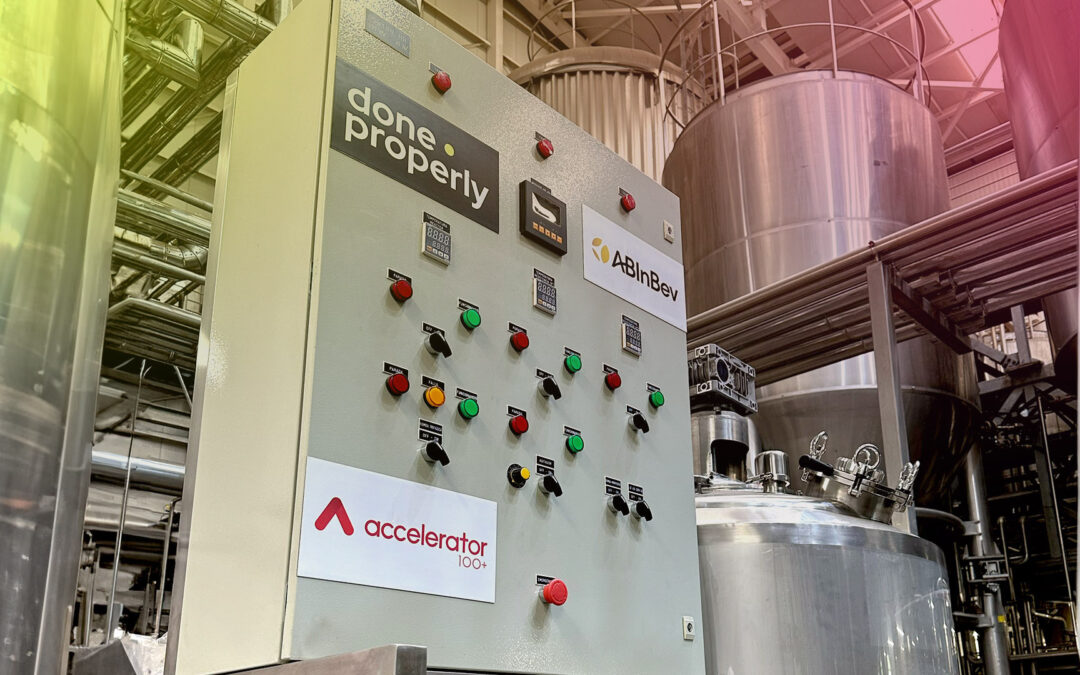Plant-based eating is no longer a trend: it´s market grew $650.86 million in 2020 and is revolutionizing the way we eat, according to a report’s results of Technavio. Several food tech companies promote a movement that offers affordable, delicious, and healthy alternatives to reduce or eliminate animal products from the diet.
An exciting opportunity for the local food industry
A study by Veganuary in collaboration with the consulting firm Mintel revealed that the vegan offer in Chile has grown by 8% in the last four years while plant-based food products experienced an increase of almost 5% in the same period. Other countries in the region also show the same results. In Brazil, the supply of non-animal foods and plant-based products grew by 2% between 2018 and 2021. And although this number seems small, we must consider that 14% of the Brazilian population claims to be vegetarian or vegan, a clear sign of a change in food trends. The situation is similar in Argentina, where the supply of plant-based foods has grown 3% in the same period, which correlates with the increase in the local population declaring themselves vegetarian or vegan, which rose from 9% in 2019 to 12% in 2020 Considering this insight and that 66% of Chilean buyers seek to purchase products from local companies whenever possible, we face a growing niche market. Large companies in the Latin American food industry -and particularly Chilean ones- can exploit the potential of sustainably and locally sourced ingredients. Thus, creating healthy food free of animal cruelty and less impact on the environment. According to the Mintel and Veganuary report, the key is to reach more consumers with clear guidance on how plant-based products can effectively improve the health of people and the planet by making them accessible and affordable to older generations and those living outside cities.Who are the plant-based protagonists to follow in Chile?
The same Mintel and Veganuary report state that the strongest players in Chile’s protein alternatives industry included:- NotCo: it’s recognized in Latin America and globally for its products’ innovation created from data analysis, which allows them to produce alternatives to animal-based foods, such as milk (NotMilk) and meat (NotMeat).
- Signore Mario started by creating vegan mayonnaise with organic, non-GMO soybeans. Over time, it has launched other products, such as coconut oil butter and high-protein pasta made from legumes and cereals.
- Quelp: turns cochayuyo into healthy burgers, meatballs, and sausages, free of gluten and soy, environmentally friendly, and without animal proteins.





